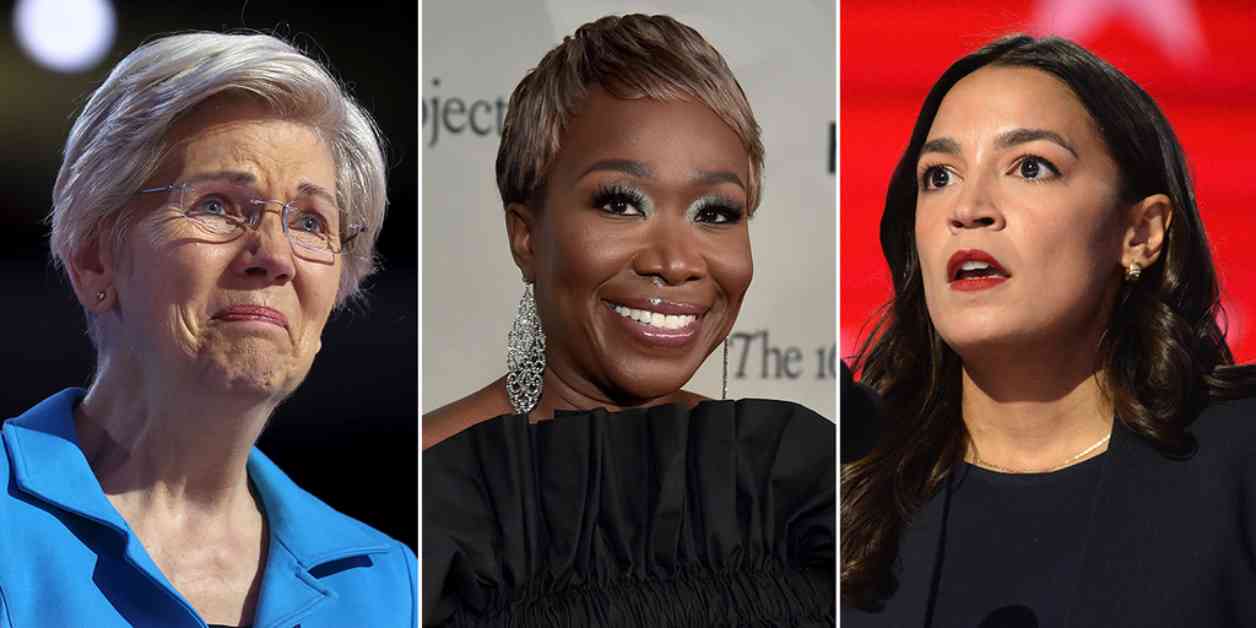Progressives Condemn Violence but Justify Killing of UnitedHealthcare CEO
In a shocking turn of events, the murder of UnitedHealthcare CEO Brian Thompson has sparked a debate among high-profile progressive figures who have condemned violence but justified the killing. The incident occurred outside a hotel in Manhattan, where Thompson was shot and killed. Luigi Mangione, the alleged perpetrator, was arrested after a manhunt and charged with Thompson’s murder, becoming a folk hero to some far-left figures who see his actions as a deserved backlash against health insurance giants like UnitedHealthcare.
Expert Commentary on the Murder
Sen. Elizabeth Warren, D-Mass., has spoken out against the murder, labeling it as a warning sign. While condemning violence, Warren highlighted the frustration felt by many Americans towards the U.S. healthcare system, emphasizing that people can only be pushed so far before taking matters into their own hands. Similarly, MSNBC host Joy Reid weighed in on the issue, stressing the need for regulation rather than violence to bring about change in the healthcare industry.
Controversy and Backlash
The comments made by progressive figures like Warren and Reid have stirred controversy, with journalist Piers Morgan clashing with Taylor Lorenz over her apparent sympathy for Mangione. During a heated exchange, Lorenz expressed joy over Thompson’s death, citing the need for a debate on healthcare issues. However, she later clarified that her joy stemmed from increased awareness of systemic problems in American healthcare.
Public Sentiment and Reflection
The public reaction to Thompson’s murder has been mixed, with “The View” co-host Sunny Hostin highlighting the frustration and anger felt by many Americans towards the healthcare system. While Rep. Alexandria Ocasio-Cortez has acknowledged the lack of justification for violence, she emphasized the perception of health insurance denials as acts of aggression by individuals.
As the case unfolds, it raises critical questions about the intersection of violence, healthcare, and societal change. The complexity of the situation demands a nuanced approach and thoughtful reflection on the underlying issues at play. The tragic event serves as a sobering reminder of the deep-seated frustrations and challenges within the U.S. healthcare system that continue to fuel debates and discussions on the path forward.
